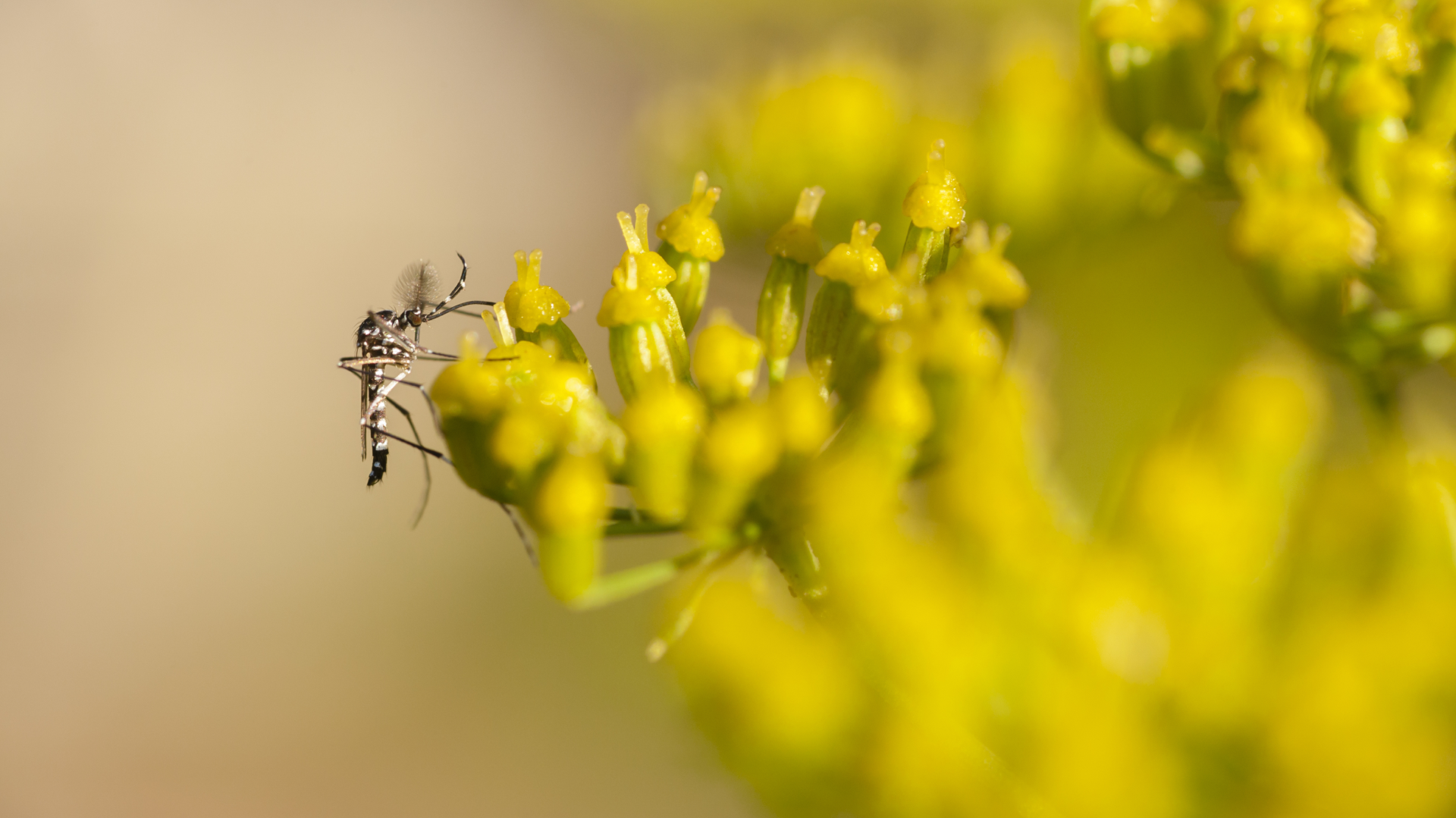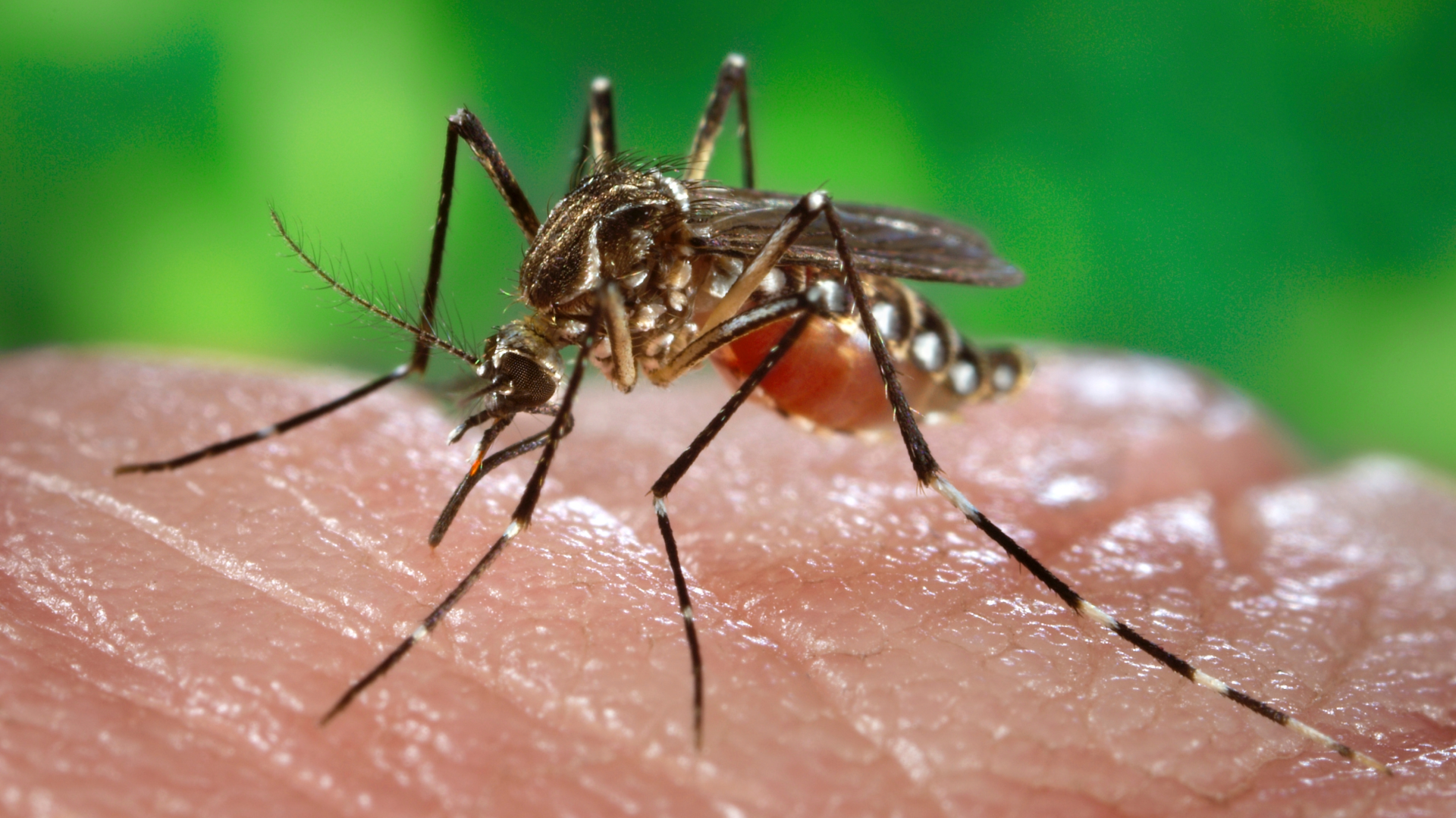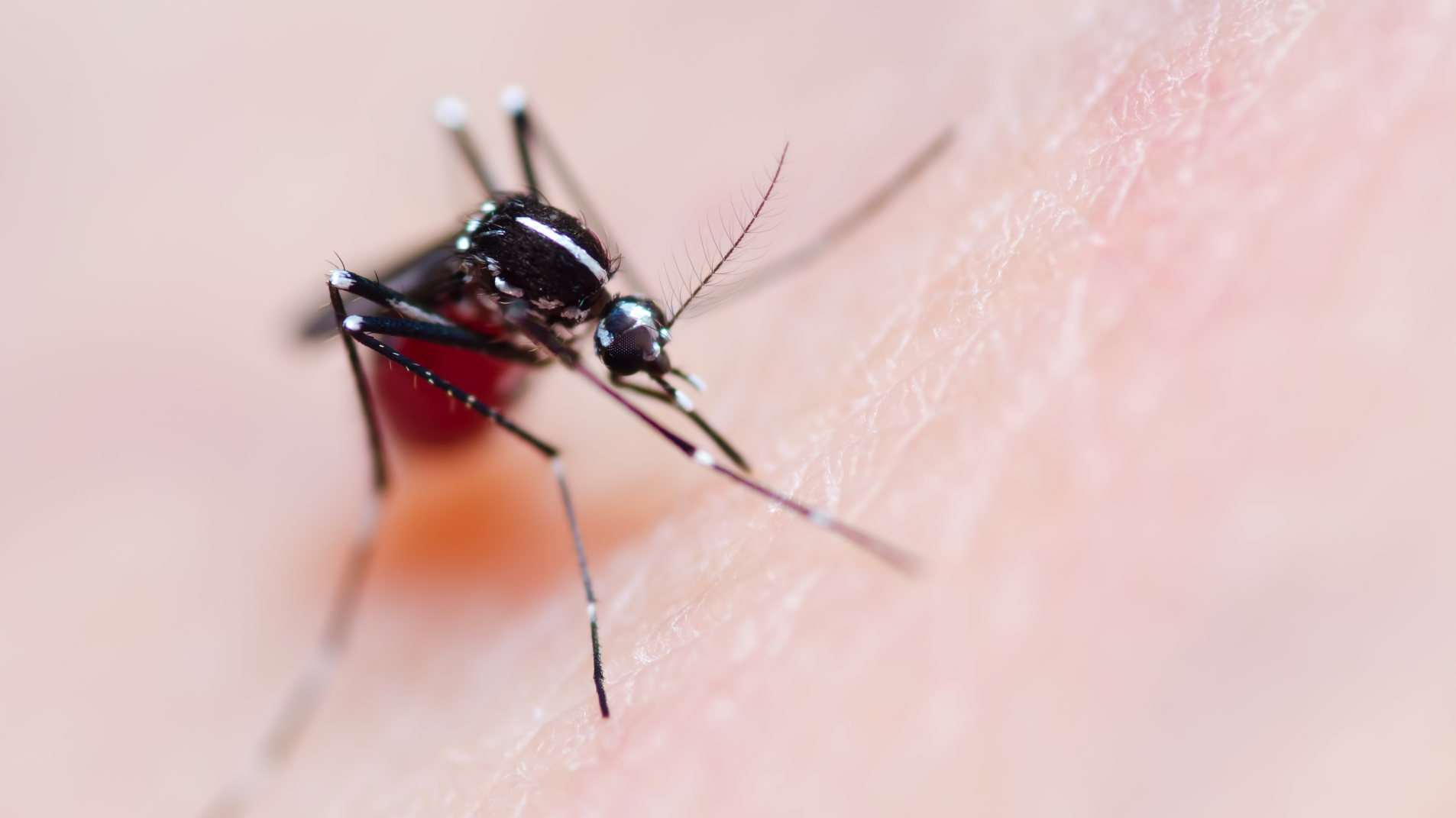Sweat, blood, carbon dioxide, and even the soap you use are among the many factors that attract mosquitoes to bite you. Knowing the “enemy” is the first step to ensuring nights without bites and without compromising biodiversity.
As the summer arrives in Portugal, the days become longer and more inviting to engage in outdoor activities. But there is a persistent visitor who insists on visiting us in the evening: the mosquito. This small dipteran, belonging to the Culicidae family, not only prevents us from having quiet nights but can also pose real risks to human health.
There are more than 3,500 species of mosquitoes worldwide, causing over one million deaths annually, acting as transmitters of diseases such as malaria, dengue, yellow fever, Zika and West Nile virus. In Portugal, the tiger mosquito (Aedes albopictus) has been expanding its geographical distribution, hence the need to put more effective preventive measures in place that respect the ecological balance.
Researchers were thus impelled to know these arthropods better and find out what drives them and what leads them to choose their victims, and a certain type of person over another.






